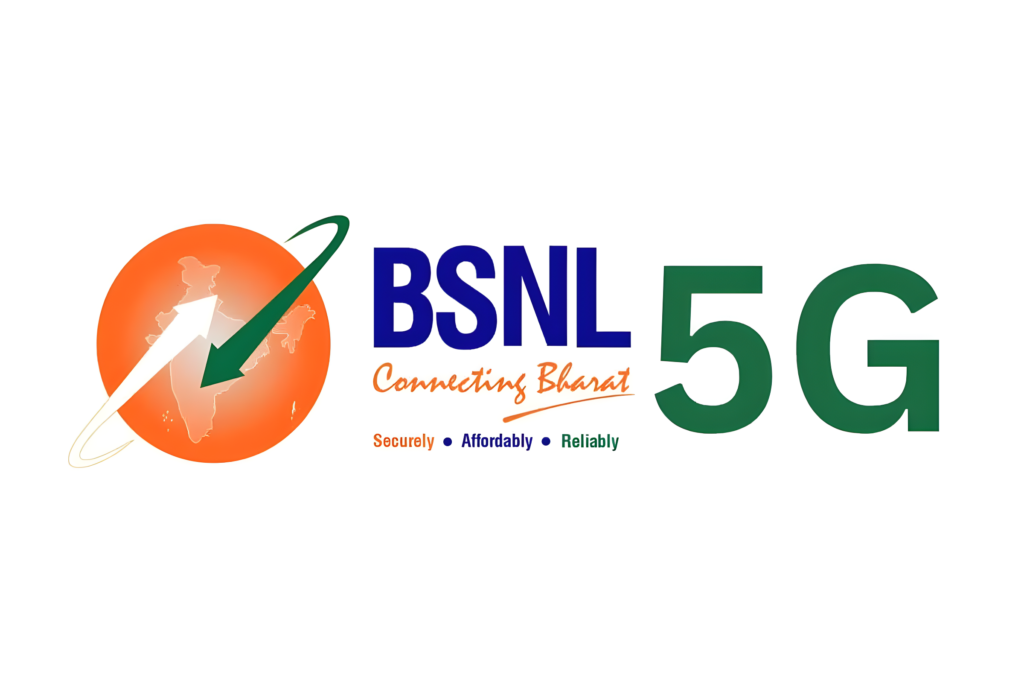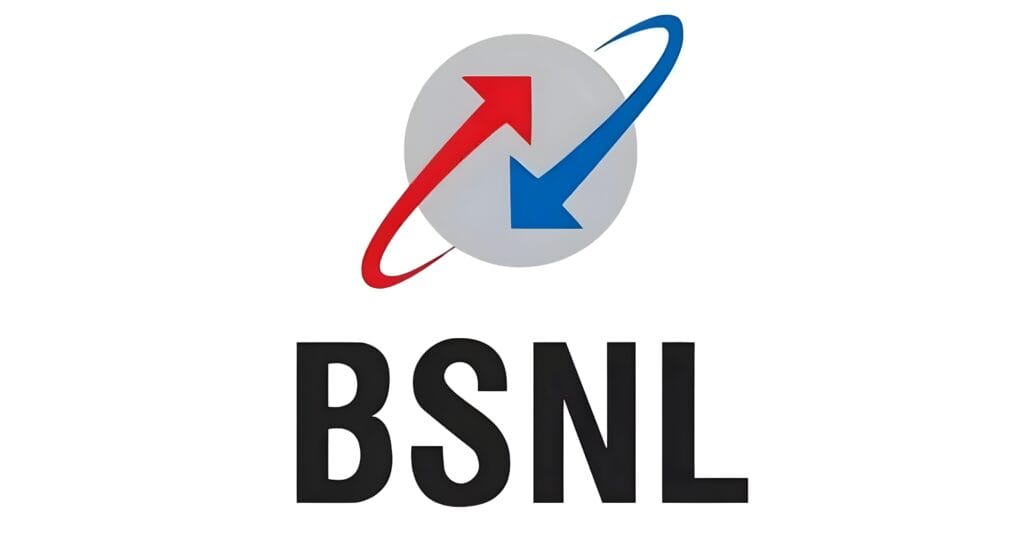Bharat Sanchar Nigam Limited (BSNL) has officially christened its 5G network as Q-5G, short for Quantum 5G. The name, reportedly chosen through public input, was announced on the state-owned telco’s social media handle this week. According to BSNL, the branding reflects the “power, speed, and future” of its upcoming 5G services.

In a significant parallel announcement, BSNL has also introduced Quantum 5G Fixed Wireless Access (FWA) for enterprises in select circles. Unlike traditional mobile internet services, this is a dedicated 5G-powered internet lease line that promises “blazing fast” speeds for businesses — and remarkably, it operates without a SIM or wired connection. Deployed using indigenous technology, this makes BSNL the first to offer SIM-less 5G FWA in India.
You named It. We made it happen!
— BSNL India (@BSNLCorporate) June 18, 2025
Introducing THE BSNL Q-5G – Quantum 5G.
A Big THANK YOU to each and every one of you for your incredible support and enthusiastic participation.
Because of you, we now have a name that reflects the power, speed, and future of BSNL's 5G network.… pic.twitter.com/m7UIMuFceh
The Quantum 5G FWA service is strictly data-only, with no voice capabilities, and prices start at ₹999 per month. While consumer 5G services are yet to roll out nationwide under BSNL’s banner, this enterprise-focused product is an early show of intent from the government-owned telecom player trying to catch up with private giants like Jio and Airtel in India’s ultra-competitive 5G market.
Meanwhile, BSNL’s 4G expansion is also gathering steam. Union Minister Dr. Chandrasekhar Pemmasani recently confirmed that after successfully installing one lakh 4G towers, the Department of Telecommunications (DoT) will soon approach the Cabinet for approval to set up another 1 lakh towers. This dual focus on ramping up 4G infrastructure and trialing 5G services hints at a more aggressive BSNL roadmap for the coming years.

If executed well, BSNL’s 5G ambitions could finally give India’s telecom sector a meaningful public sector alternative in the high-speed data race.




